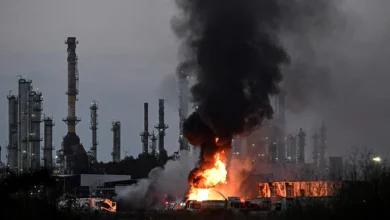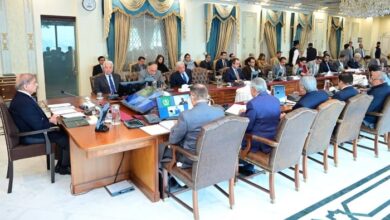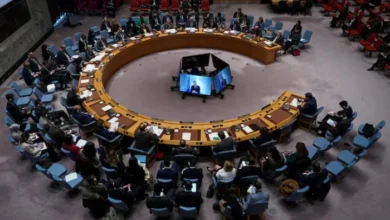Pakistan is set to receive another $500 million from the International Monetary Fund as part of the $6 billion bailout package it signed in July 2019, the Washington-based lender said on Wednesday.
“The IMF Executive Board completed today the combined second through fifth reviews of the Extended Arrangement under the Extended Fund Facility (EFF) for Pakistan,” the IMF said. The third and latest tranche of the program brings the total borrowing for budget support to $2 billion, it said.
Islamabad had signed the 39-month EFF or bailout program with the IMF to avert a sovereign default because of a balance of payment crisis. The program will cost Pakistan $180 million in interest payments at less than 3% to be paid in 10 years. This is a cheaper financing option than market-based loans, but it comes with certain conditions.
In our case, these conditions include reforms in the energy sector, broadening the tax net, market-based exchange rates and restructuring of government-owned companies that are in loss. Pakistan’s performance on these reforms is reviewed every quarter during the program. Subject to satisfactory performance, the IMF releases more funds. Pakistan had successfully completed the first review of the EFF program in 2019. Following the review, the IMF dispatched a second tranche of $452 million.
Earlier this year, the IMF announced the program has resumed. After completing the second review, the IMF said Pakistan’s performance has remained satisfactory as the country’s policies were critical for supporting the economy and saving lives and livelihoods. “The Pakistani authorities remain committed to ambitious policy actions and structural reforms to strengthen economic resilience, advance sustainable growth, and achieve the economic reform program medium-term objectives,” it said.
The program aims to support Pakistan’s policies to help the economy and save lives and livelihoods amid the still unfolding Covid-19 pandemic, ensure macroeconomic and debt sustainability, and advance structural reforms to lay the foundations for strong, job-rich, and long-lasting growth that benefits all Pakistanis, it added.
“The authorities have also continued to advance their reform agenda in key areas, including on consolidating central bank autonomy, reforming corporate taxation, bolstering management of state-owned enterprises, and improving cost recovery and regulation in the power sector.”
As part of the IMF conditions, Pakistan has raised electricity prices to contain inter-corporate debt in the energy sector, but the IMF says more efforts are needed.
“Despite recent improvements, further efforts to remove structural impediments will strengthen economic productivity, confidence, and private sector investment. These include measures to bolster the governance, transparency, and efficiency of the vast state-owned enterprises sector; boost the business environment and job creation; and foster governance and strengthen the effectiveness of anti-corruption institutions,” it said adding completing the much-advanced action plan on Anti Money Laundering and Countering Financing of Terrorism is essential.






